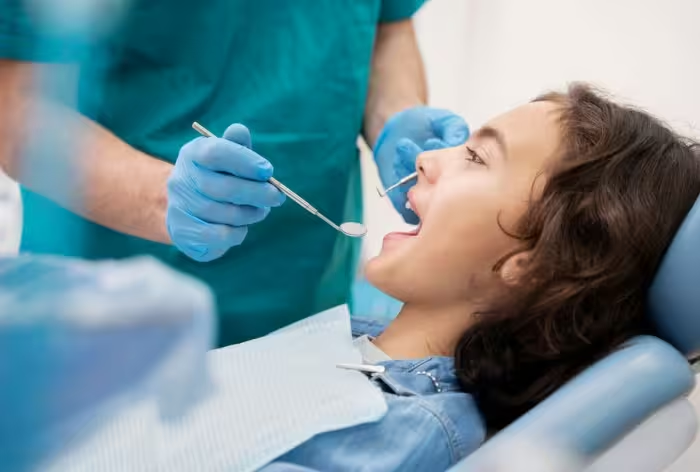Oral Cancer: Signs And Treatments, Everything You Should Know About Developing Tumor
Our everyday lives are greatly impacted by oral health, which affects everything from our comfort level while eating and speaking to our social confidence. Maintaining regular dental hygiene practices, such as brushing and flossing, is crucial. To maintain optimum oral health, regular dental checkups and cleanings are also advised. A number of problems, including cavities, gum disease, and even systemic health difficulties, may result from neglecting oral health. Dr. Ramana Reddy Naru, a surgical oncologist at the HCG MNR Curie Cancer Centre in Ongole, told India.com that by putting dental cleanliness first, we may avoid these problems and keep our smiles healthy for years to come. Dental hygiene practices are deeply embedded in the routines of many people, signifying a dedication to self-care. But outside the domain of regular dental examinations, there is a potentially fatal risk to consider: oral cancer.

Tumors that develop in the oral cavity—which includes the palate, floor of the mouth, lips, tongue, gums, and roof of the mouth—are referred to as “oral cancer.” Although oral cancer may not always be the main topic of conversation when it comes to health, the consequences of not finding and treating it may be disastrous.
Early identification is one of the most important parts of controlling oral cancer. The prognosis may be greatly improved by early diagnosis and action brought about by the recognition of the signs and symptoms. Oral cancer symptoms might include:
continuous mouth sores
tissue thickening and edema in the mouth
continuous ear or mouth discomfort; trouble swallowing or digesting food; abnormalities in voice or speaking
A thorough review by a medical practitioner, including a physical examination of the throat and oral cavity, is usually required to diagnose oral cancer. Furthermore, imaging tests like CT, MRI, and X-rays could be carried out to determine the severity of the illness. To confirm the existence of cancer cells, a biopsy is often required. This procedure involves taking a tiny sample of tissue from the afflicted region for investigation in a lab.
Prognosis and Therapy
The course of therapy for oral cancer is determined by a number of variables, such as the disease’s stage and location, the patient’s general health, and their treatment choices. Surgery to remove the cancerous tissue, radiation therapy using high-energy beams to target cancer cells, chemotherapy to kill cancer cells or stop their growth, and targeted therapy that targets cancer cells only while causing the least amount of damage to healthy tissues are common treatment modalities.
The efficiency of therapy and the stage at which the disease is identified may have a significant impact on the prognosis for oral cancer. Early-stage oral cancers with good prognoses—high likelihood of effective treatment and long-term survival—usually have better outcomes when they are identified and treated quickly. On the other hand, advanced-stage oral malignancies could be more difficult to treat and might need more aggressive methods, which might lead to fewer successful results.
Let us not undervalue the relevance of being vigilant in identifying and managing possible concerns, such as oral cancer, as we consider the importance of oral health in our lives. We can protect our oral health and general well-being by being aware of the signs, getting medical help as soon as possible, and making regular dental check-ups a priority. Together, let’s spread the word about oral cancer and strive for early identification, timely treatment, and better results for everybody.







